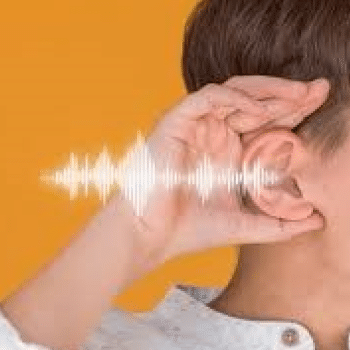
Optimizing pediatric aided hearing involves a comprehensive approach that encompasses various strategies to maximize the effectiveness of hearing aids, cochlear implants or bone-anchored hearing implants (BAHI) for children who are d/Deaf or hard of hearing. These strategies aim to provide children with the best possible access to sound, facilitate auditory development and support language and communication skills.
Early Intervention
Early identification and intervention are crucial for optimizing outcomes in children with hearing loss. Newborn hearing screening programs enable early detection of hearing loss, allowing for prompt intervention and support for children and their families. Early intervention services help children develop listening, speech and language skills from a young age.
Family Involvement
Family involvement plays a significant role in optimizing pediatric aided hearing outcomes. Parents and caregivers should actively participate and follow recommendations provided by audiologists and therapists to create a supportive listening environment at home. Encouraging consistent use of hearing devices and facilitating language-rich interactions with the child promote auditory development.
Consistent Device Use
Consistent use of hearing aids, cochlear implants or BAHI devices is essential for maximizing auditory stimulation and promoting language development. Children should wear their devices during all waking hours, except during activities such as swimming, bathing or sleeping. Ensuring that hearing devices are properly maintained and functioning optimally is crucial for consistent use and optimal outcomes.
Use of Assistive Listening Devices
Assistive listening devices, such as FM systems, remote microphones or Telecoils can improve speech perception in challenging listening environments, such as classrooms or other noisy settings. These devices enhance the signal-to-noise ratio and help children better understand speech in challenging listening environments.
Educational Support
Children who are d/Deaf or hard of hearing may require additional educational accommodations and support services to facilitate learning and academic success. Individualized Education Plans (IEPs) or 504 plans should address the child’s unique needs and provide appropriate accommodations. These accommodations can include preferential seating, FM systems, captioned materials and access to additional educational technology.
Regular Follow-up Care
Regular follow-up appointments with audiologists are essential for monitoring the child’s hearing status, adjusting device settings and addressing any concerns or challenges. Routine evaluations ensure that hearing devices continue to meet the child’s needs as they continue to grow and develop.
Multidisciplinary Team Collaboration
A multidisciplinary team consisting of audiologists, otolaryngologists, speech-language pathologists, educators and other professionals must collaborate to provide comprehensive care for children who are d/Deaf or hard of hearing. Coordination among team members ensures that any interventions are tailored to the child’s individual needs and goals.
By implementing these strategies a providing ongoing support, children who are d/Deaf or hard of hearing can optimize auditory skills, develop spoken language and achieve their full potential in communication, education and social interactions.
